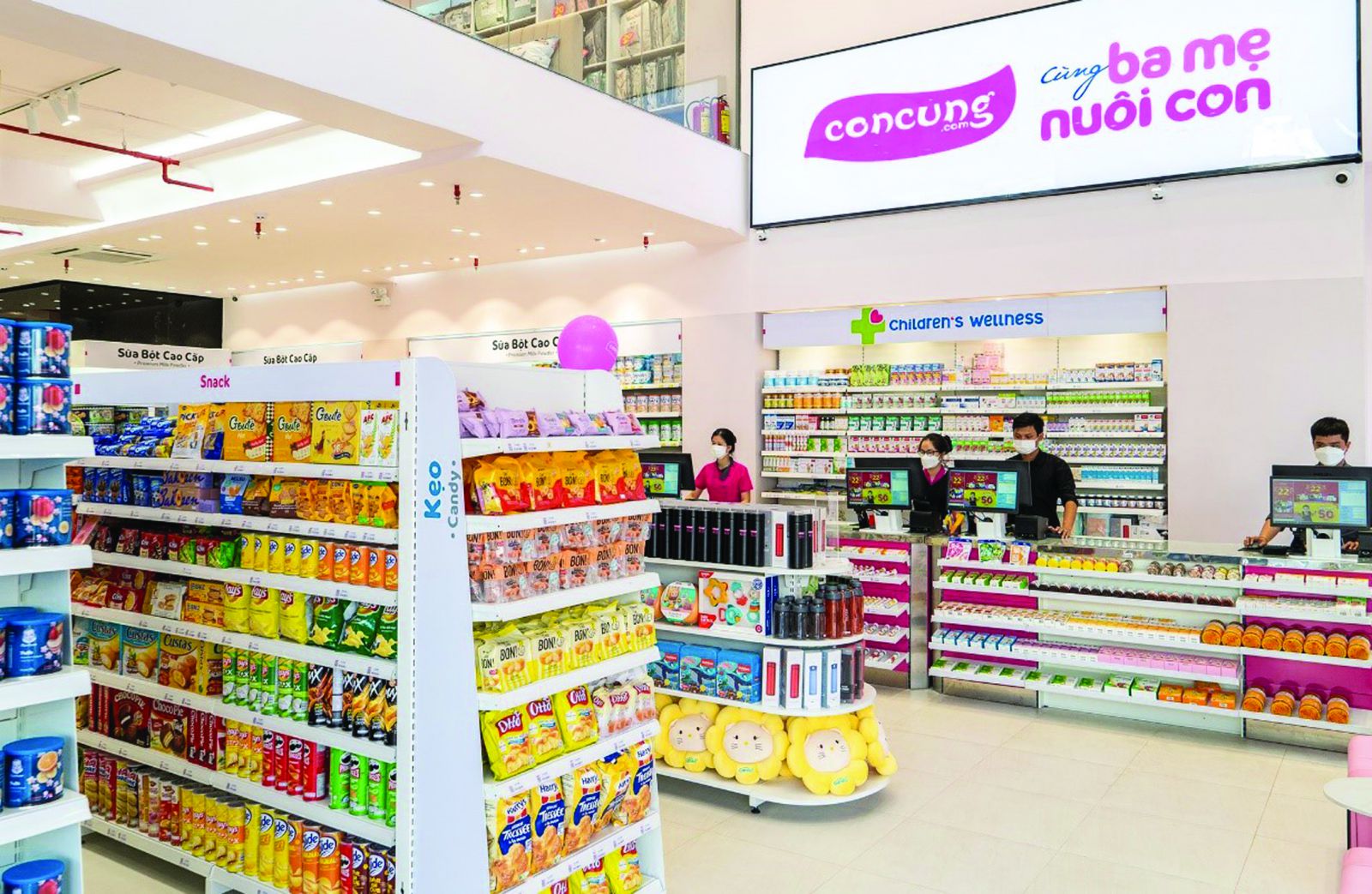Fight against "dirty media"!
In the commercial world, "dirty media" is becoming a thorn in the side. Lawyer Nguyen Van Loc (LPVN Law Firm), a legal professional in dispute resolution in the fields of business, provided our reporter an exclusive interview regarding this content.

Lawyer Nguyen Van Loc (LPVN Law Firm)
In solving transgressions, social media is an important part of the social voice in general and the business community in particular. A negative shift in the flow of knowledge can occur when ego and many areas of the law cannot be changed.
What are your thoughts on the recent noisy incidents on social media that have had a negative impact on businesses?
Businesses today use social media as a communication and sales tool. The benefits are recognized by everyone, but there are also many downsides, especially when the business encounters errors, has signs of breaking the law, or a businessman is investigated by the authorities.
We're seeing social media produce an excessive number of virtual "jurisdictions" and "investigations" for the business community, particularly when something goes wrong. For example, the Ministry of Public Security will have to release a document early this year on how to deal with people who disseminate stock market misinformation. The stock market's "dirty media" has an impact on not only investors but also businesses. As a result, officials must resolve this issue.
That is, even if there is a legal issue, information in business activities must be official. So, how should we approach it from a legal standpoint?
There is always right and wrong in business because it is a human-run entity. The processing must be done in a certain order, and the outputs must be sensible. The essential concept of the law is that "no one shall be regarded guilty until a competent court has rendered a judgment." However, in today's cyberspace, it is far too easy to declare that someone is guilty of becoming a "criminal."
It is clear that each netizen grants himself the authority to judge and even accuse others based on erroneous information obtained through social media.
In terms of law enforcement, it is impossible to confirm that a businessman has committed a crime when he is detained for examination of particular conduct. Enterprises are under media pressure, resulting in their stocks being "identified," causing instant liquidity loss and affecting investment initiatives. It is unclear if the violator is correct or incorrect, and the judge is incorrect if its judgement is based on unofficial information (insufficient information, records) and has a negative impact on the violator.
When things happen to businesses (perhaps as a result of businessmen's actions), let the authorities speak up, and the mainstream media will report on it in an objective manner.
What are the consequences of "dirty media", sir?
Outsiders (or competitors, or purchasers...) may view certain companies' actions as infringing. However, there is a progression from "assume" to "have competent authority's judgments."Despite the lack of an official decision, businesses may face risks and public pressure. It is proper to treat them if they violate it, but only with the proper objective and to the proper extent.
And SMEs or startups, which account for more than 90% of all Vietnamese enterprises, are the most "vulnerable" in terms of business investment. They must be protected! Consider past occurrences like Kieu Giang broken rice, Con Cung retail system, and Asanzo, all of which drew widespread public outrage until officials decided they were not at fault. What happens if these companies don't have the money or experience to pursue justice?
If we don't acknowledge the role of "dirty media" in "staining" the current business climate, the latter will continue to suffer negative consequences. All human-caused life is a conscious choice. Benefits (if any) from unfair competition or infringing on such companies and individuals' status and honor will flow to a select group of people. These efforts, however, are illegal and pose a threat to legitimate business owners.

Kieu Giang broken rice, Con Cung shop system ... suffered a lot of damage from public opinion until the authorities concluded they were not wrong.
Why are corporations concerned about "dirty media"? Why don't they fight against it with vigour?
When a corporate crisis emerges as a result of legal difficulties or violations of the law, official communication is crucial. Even if the corporation's transgressions aren't severe enough to result in a sanction, "dirty media" is the trigger that propels the company into legal trouble. KOLs' or experts' statements in the mainstream news at the time of the incident had a quick impact on the interested audience.
I noticed unhappiness and even powerlessness on the part of business owners when confronted with "dirty media". Not everyone has the courage to speak out against "fake news." Because, while businesspeople may make mistakes, they typically want the judgement of authorities before netizens acknowledge that they are wrong.
Entrepreneurs are prone to overlooking or accepting compromise, but it does not mean they are wrong. They want everything to go smoothly since they are responsible for the livelihoods of hundreds of thousands of laborers.
What recommendations do you have for the parties dealing with "dirty media"?
The involved parties usually claim that the authorities are responsible for fighting "dirty media." That is right, yet it isn't enough. Three components are required for sufficient conditions: first, firms must follow the law; second, businesspeople must be aware of business laws. When an event occurs, the company must always provide transparent and clear information. Third, the mainstream media and specialists must assist businesses.
The mainstream press's engagement in business news must be strengthened, particularly its ability to convey business legislation based on current events. The "dirty media" must be combated by the mainstream media. Such a battle aids the government's and business community's efforts to preserve and develop Vietnam's favorable economic climate.
From my perspective, Business Forum Magazine (under VCCI) has done a wonderful job of explaining the legislation to entrepreneurs and businesses. To help Vietnam maintain a good business and investment climate, journalists and reporters should behave positively in their fight against "dirty media."
Thank you very much, Sir!








